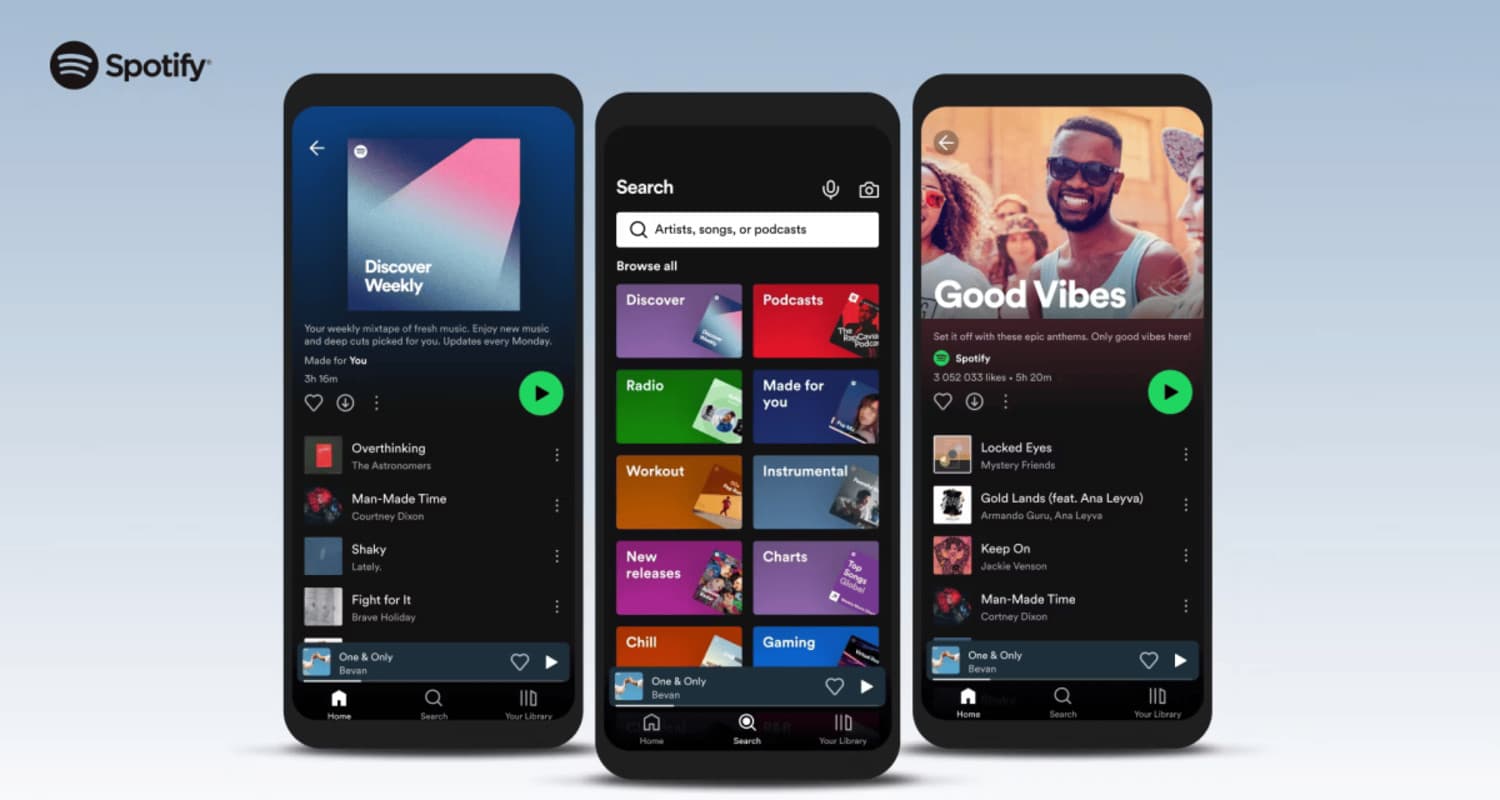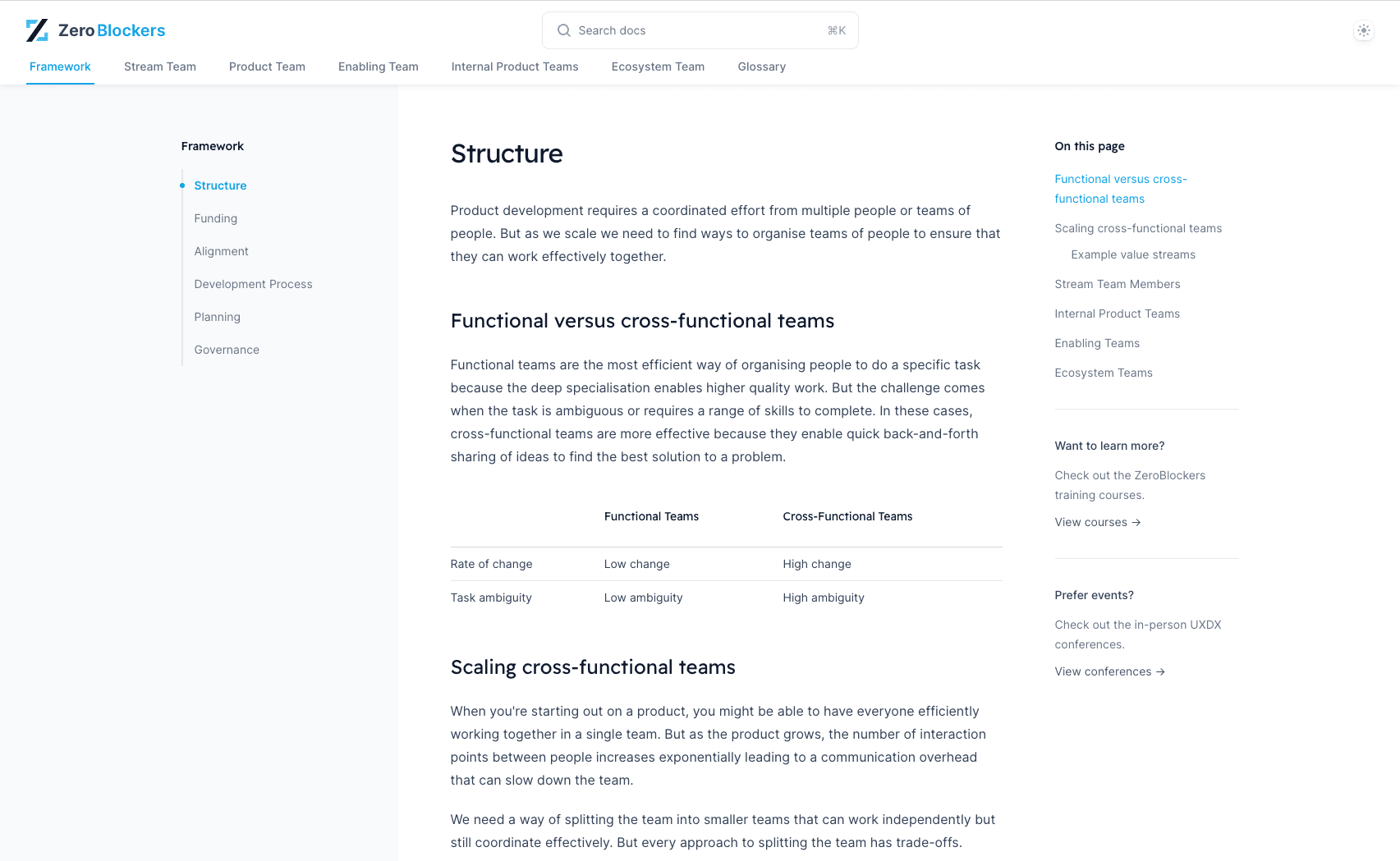Case StudyProduct Team: Product Development Process - Streamlining Product Development with Data-Driven Processes at Spotify
Spotify faced challenges in optimizing its product development processes to keep pace with its rapid growth and the dynamic demands of the music streaming industry. The existing methodologies were sometimes insufficient in leveraging the vast amounts of data generated, leading to missed opportunities for enhancing user experience and product performance. The lack of a well-defined, data-driven product development process resulted in inefficiencies, slower decision-making, and difficulties in aligning cross-functional teams on project priorities and outcomes.

The Solution
Spotify adopted a structured, data-driven approach to product development. Florian Biesinger, Staff Engineer at Spotify, outlines the key components of this approach, emphasizing the integration of data analytics into every stage of the development process. The approach includes several critical practices:
- Data Integration: Incorporating data analytics into the product development lifecycle to inform decision-making at every stage. This involves using data to identify user needs, track performance metrics, and validate product hypotheses.
- Cross-Functional Collaboration: Ensuring seamless collaboration between data scientists, engineers, designers, and product managers. By aligning these teams with data-driven insights, Spotify ensures that all stakeholders have a unified understanding of project goals and progress.
- Continuous Feedback Loops: Establishing continuous feedback loops where user data is regularly analyzed and fed back into the development process. This enables Spotify to make iterative improvements based on real-time user feedback and performance metrics.
- Automated Reporting and Dashboards: Implementing automated reporting systems and dashboards to provide real-time insights and visibility into product performance. These tools help teams monitor key metrics and make informed decisions quickly.
- Training and Development: Investing in training and development programs to enhance the data literacy of all team members. By empowering employees with the skills to interpret and utilize data effectively, Spotify fosters a culture of data-driven decision-making.
Outcomes achieved
Implementing these data-driven product development practices has led to significant improvements in Spotify’s efficiency, effectiveness, and overall product quality. Key outcomes include:
- Enhanced Decision-Making: With access to real-time data and insights, Spotify’s teams can make more informed decisions quickly. This agility allows Spotify to respond promptly to user needs and market changes.
- Improved Product Performance: Continuous monitoring and iterative improvements based on data insights have led to higher-performing products. Spotify can identify and address issues faster, resulting in a better user experience.
- Increased Collaboration: Cross-functional teams working with a unified data-driven approach experience better alignment and communication. This cohesion reduces project delays and enhances the overall efficiency of the development process.
- Greater User Satisfaction: By leveraging data to understand and meet user needs more effectively, Spotify has seen an increase in user satisfaction and engagement. The ability to tailor products based on user behavior data ensures that Spotify continues to deliver value to its users.
- Scalable Processes: The structured, data-driven approach provides a scalable framework for product development. As Spotify continues to grow, these processes ensure that development efforts remain efficient and effective, regardless of scale.
